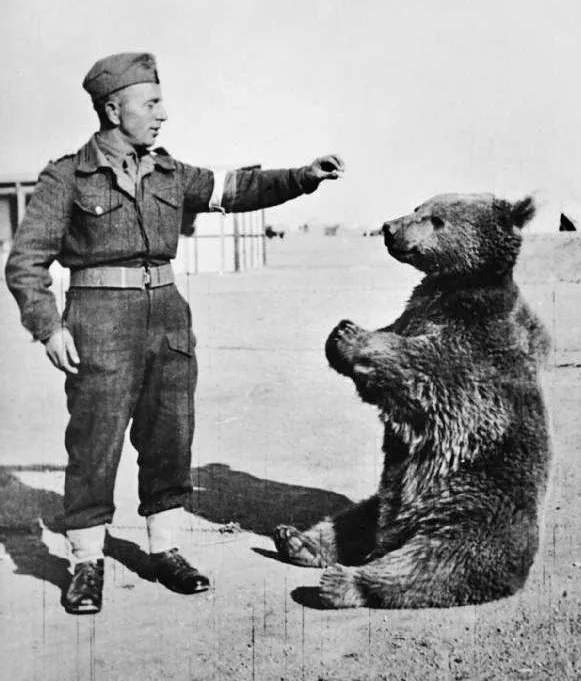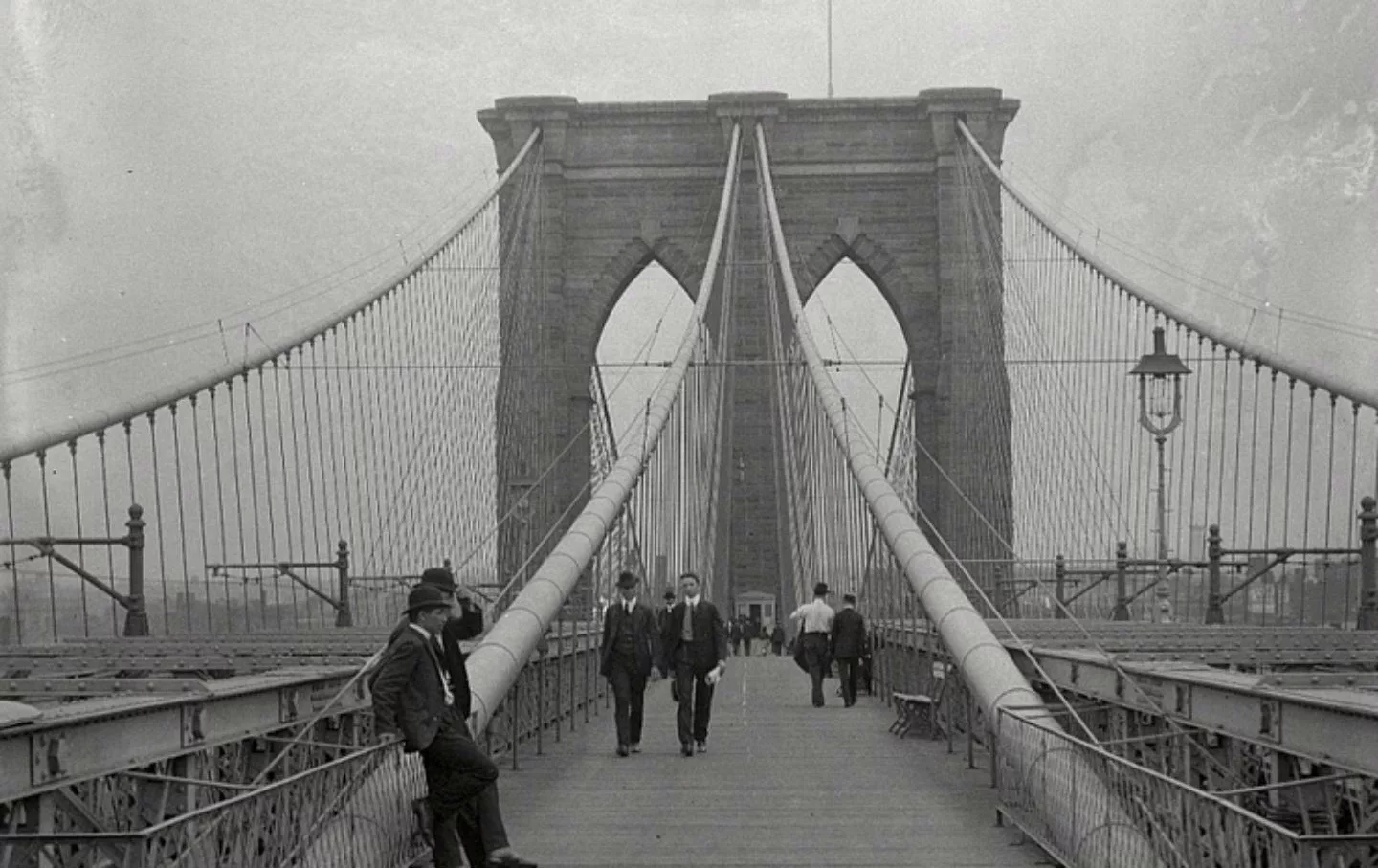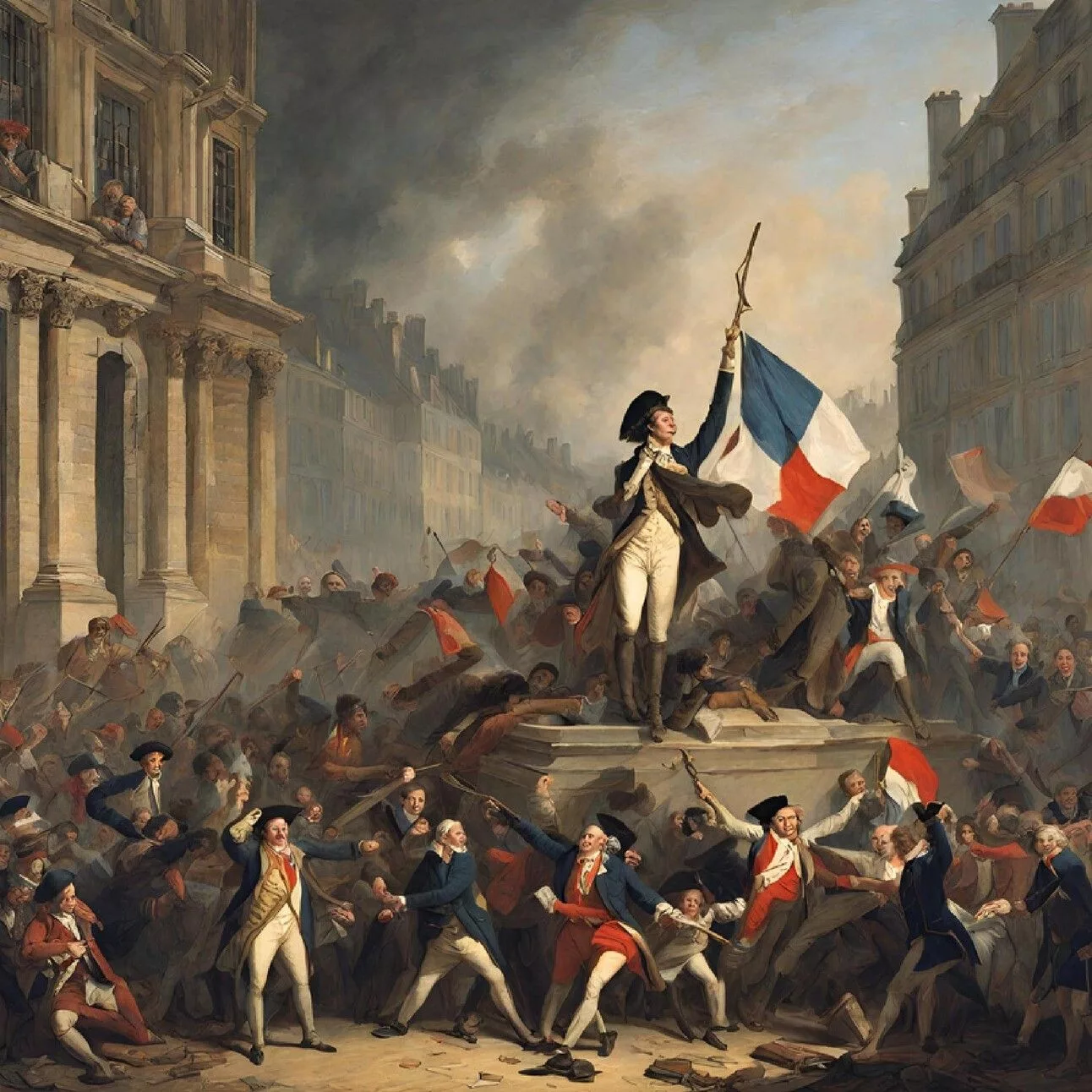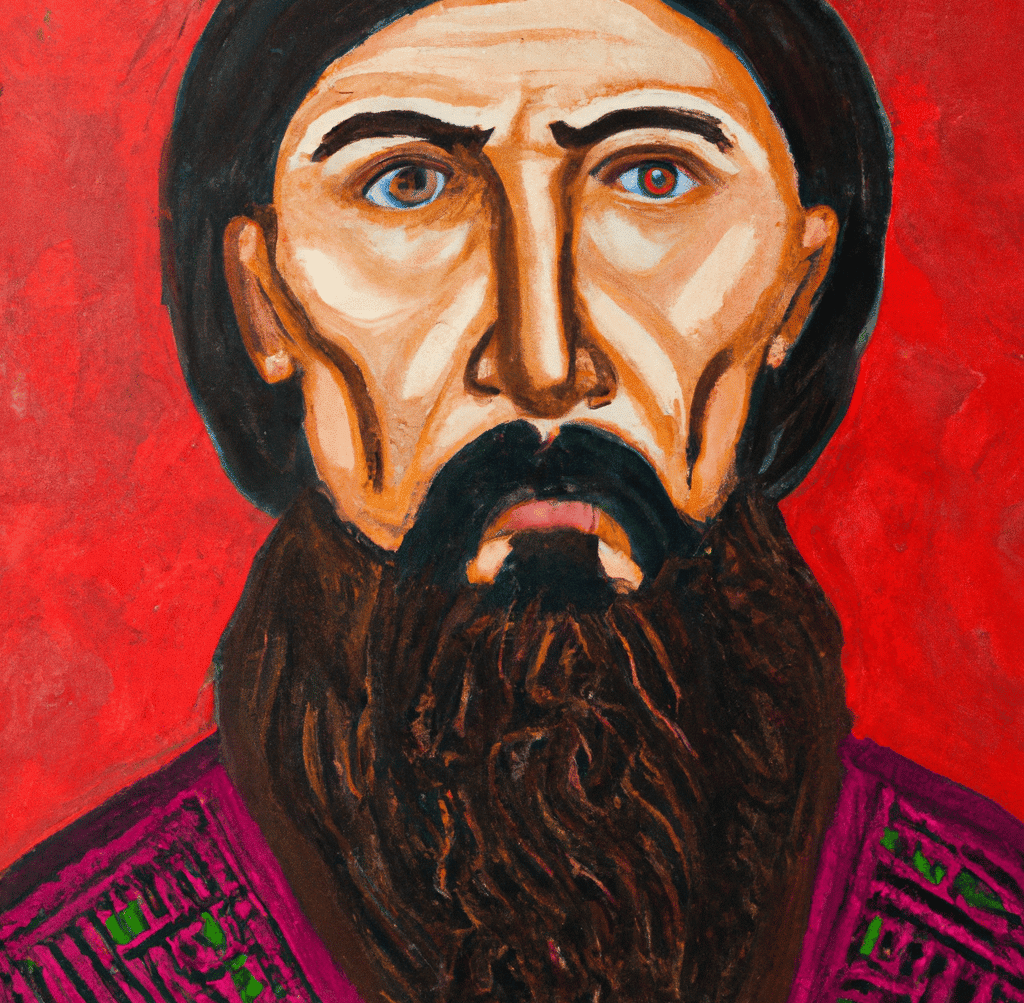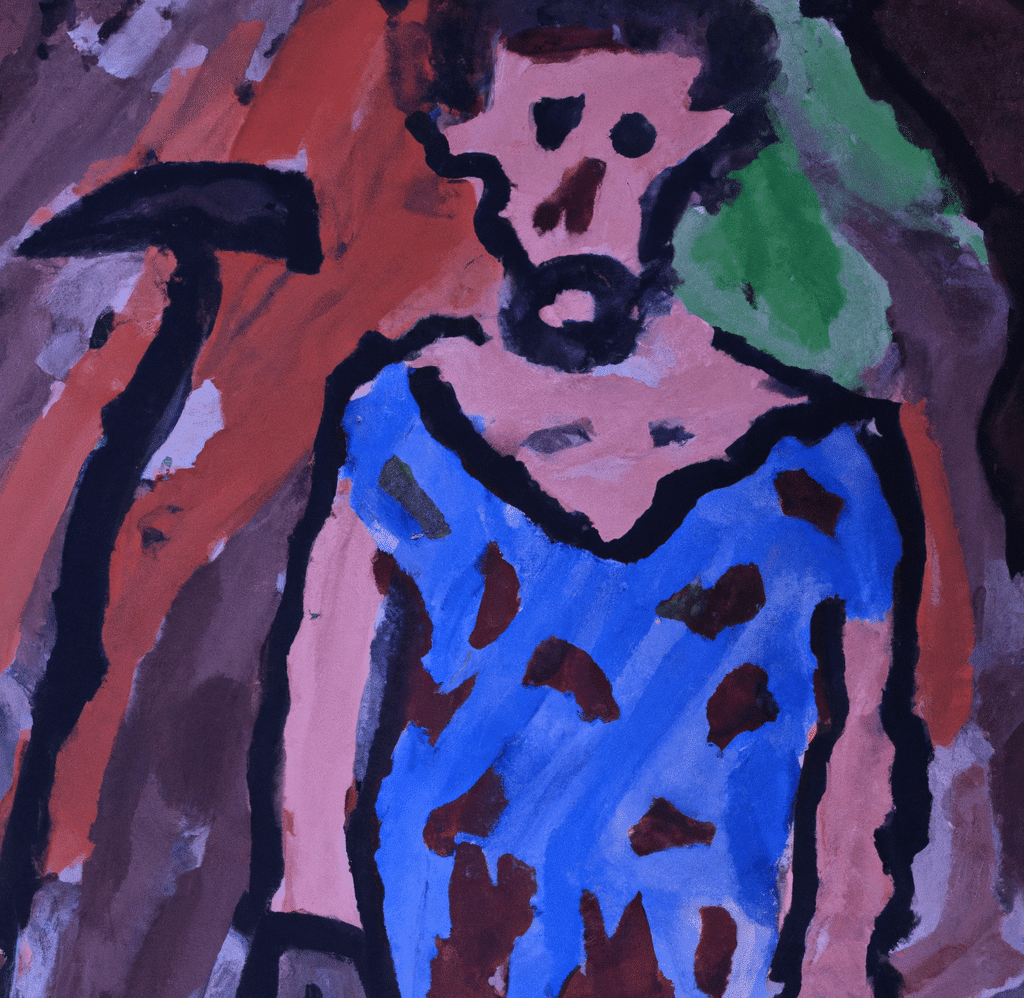Without a doubt, the Allies had help from many people, countries, and even animals during World War Two. However, a Syrian brown bear named Wojtek was one of the most unexpected allies. Serving in the Free Polish Army from 1942 to 1945, Wojtek was known for his power, strength, and almost human-like personality.
But, his service to the Allied cause goes far beyond his cute and cuddly face. Wojtek actually saw combat in one of the fiercest battles of the Italian campaign.
The bear who fought in World War II pic.twitter.com/FuTZjTBdaR
— Historic Vids (@historyinmemes) November 7, 2022
Polish Soldiers in Iran rescued Wojtek
In the spring of 1942, the Allies knew the war would last a long time. Because of this, they needed to raise as many armies as possible. One of the ways the Allies thought to do this was to raise new units from prisoners and refugees who had fled conquered countries. Poland was the perfect candidate for this proposal.
Because the Soviet Union was a German ally before being invaded by German forces, Soviet authorities had hundreds of thousands of soldiers and civilians stashed away in gulags. With the new agreement inked in 1941, Soviet authorities granted pardons to any Polish man or woman who joined the new army. Known as Ander’s army, after its commanding officer, the unit shipped out in March 1942 to serve in the British army.
While en route through Iran, 18-year-old Irena Bokiewicz encountered a brown bear cub at a rail station. She convinced her great uncle, to adopt the bear. The Iranian boy selling it said poachers had killed its mother. Taking pity on the bear, the niece convinced an army Lieutenant to buy the bear and that she would take care of it herself. The officer agreed.
Over the next three months, Wojtek, which is short for happy warrior, grew stronger and bigger. Soon, he was the official mascot of the Second Polish Army Corps.
Wojtek Served in Combat in Italy
Before leaving Iran, General Anders had to figure out how to get Wojtek onto a British transport ship. Army regulations forbid mascots or animals from embarking. General Anders enlisted Wojtek as a private in the army to get around this rule. Wojtek was now a soldier with an actual pay account and identity card.
With the problem of transporting Wojtek out of the way, the next issue was how to employ him. Polish officers agreed that he could be used to haul heavy artillery shells. So, they put him in the 22nd Artillery Supply Company. After his new assignment, the Polish Second Army Corps arrived in Italy, enduring almost three years of constant combat.
The deadliest battle the Poles fought in was the Battle for Monte Cassino. Overlooking a strategic height of the infamous Gothic Line, taking the centuries-old monastery was vital to cracking German defenses in Italy. During the months-long battle, the Poles were engaged in heavy fighting, including the 22nd Artillery Supply Company.
With casualties high, Polish leadership even threw support units into infantry roles. With a shortage of manpower, the company’s commander started using Wojtek to carry artillery shells to the guns. Wojtek is said to have done such a good job carrying crates of ammunition that he was promoted to corporal!

Though Wojtek handling shells like a human is disputed, at least one British observer claimed he saw him do it. But, regardless of how true the story is or not, Wojtek was a great morale booster for the unit. Here’s some other habits he was known to do:
- Drink beer and coffee
- Smoke (and eat) cigarettes
- Sleep with other soldiers if they were cold in the night
- Salute when greeted
Wojtek’s Legacy
Wojtek was a morale boost during a time when there wasn’t much to smile about. His happy-go-lucky personality made him a hit with soldiers who had endured so much already. After serving in Italy for three years, he was brought to the UK. he was brought along with his unit, where it was disbanded. However, like many Polish soldiers serving the Commonwealth, Wojtek stayed in the UK.
Wojtek took up residence at the Edinburgh Zoo, where visitors would even throw cigarettes into his enclosure sometimes. He enjoyed his celebrity status until 1961, when he passed away.

